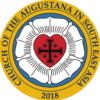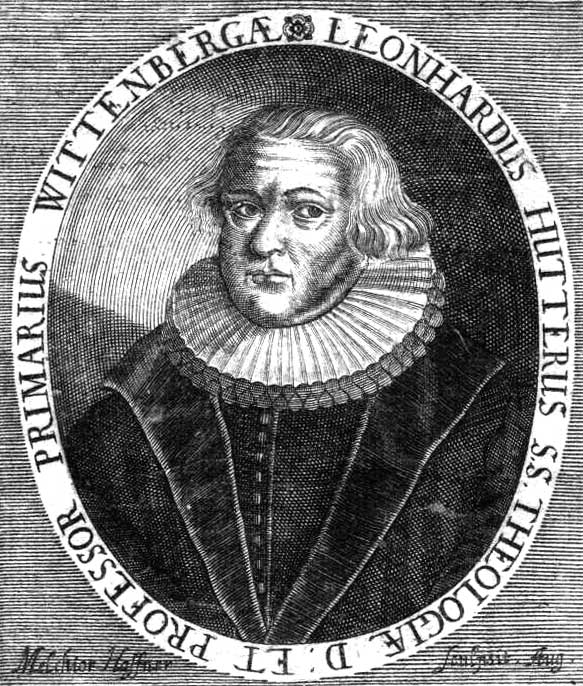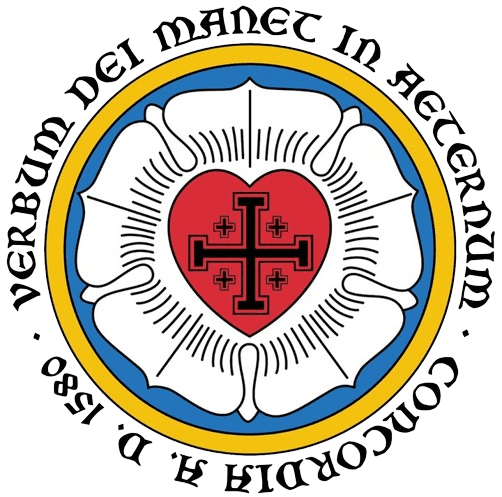Preface
Hutter’s Compend has been selected from among the treasures of our Lutheran dogmatic, because in many respects better adapted to the present state of our church in this country, than any other work. Although it is not a full system of Theology, it cannot fail to give all earnest searchers after truth, a more thorough acquaintance with the faith of our church, and a clearer conception of the System of Theology contained in our Symbolical Books.


